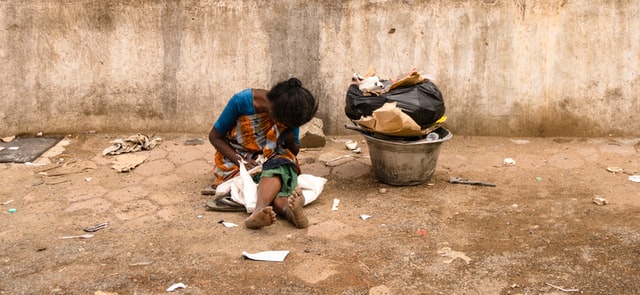Friday news roundup October 9, 2020

150 million people could to fall into “extreme poverty” due to Covid-19 and the resulting global recession, warns the World Bank. Levels of global poverty are set to rise for the first time in 20 years. In a new report, the World Bank says that between 9.1% and 9.4% will be affected by extreme poverty—defined as living on under $1.90 a day. Had the pandemic not hit, the rate was forecast to fall to 7.9% this year. David Malpass, World Bank Group President, says. “In order to reverse this serious setback to development progress and poverty reduction, countries will need to prepare for a different economy post-COVID, by allowing capital, labor, skills, and innovation to move into new businesses and sectors.”
India’s tea workers went on strike as the government failed to deliver a promised wage increase. Over 400,000 Indian tea workers went on strike over the government’s failure to implement a promised daily wage increase from £1.70 to £3.70. Across the Assam region, which supplies the world’s largest tea companies, 250 tea estates closed, with a further 20 partially closing. The owners of the tea plantations in the area have previously been accused of under-paying and exploiting workers. Tea workers say it is increasingly difficult to meet their families’ basic household expenses. Campaigners say workers have little access to clean water, work in unsanitary and dangerous conditions, and have their fundamental human rights undermined.
China joined the UN-backed global Covid-19 vaccine facility, COVAX. The World Health Organization-led COVAX facility is a global Covid-19 vaccine project with the aim of ensuring poorer countries have access to life-saving vaccines. China is the biggest economy to back the initiative so far. The project will pool financial and scientific resources and bring richer countries together with 92 low- and middle-income economies, which are eligible for financial support for the procurement of vaccines through the Gavi COVAX Advance Market Commitment. “The COVID-19 pandemic still poses a severe threat to the safety and health of people in all countries,” says foreign ministry spokeswoman Hua Chunying. “China continues to focus on ensuring that developing countries have equal access to appropriate, safe and effective vaccines.”
The UK’s passport photo checker shows bias against dark-skinned women, according to a BBC investigation. The passport application website uses an automated system to detect poor quality photos which do not meet Home Office rules (e.g. having a neutral expression, a closed mouth, and looking straight at the camera). The check appears to be less accurate for darker-skinned people. Testing the system by using 1,130 images of politicians from around the world, the BBC found that dark-skinned women were told their photos were poor quality 22% of the time, while the figure for light-skinned women was 14%; dark-skinned men were told their photos were poor quality 15% of the time, while the figure for light-skinned men was 9%; and photos of women with the darkest skin were four times more likely to be graded poor quality than women with the lightest skin.
Read more from IZA World of Labor about the Covid-19 pandemic.